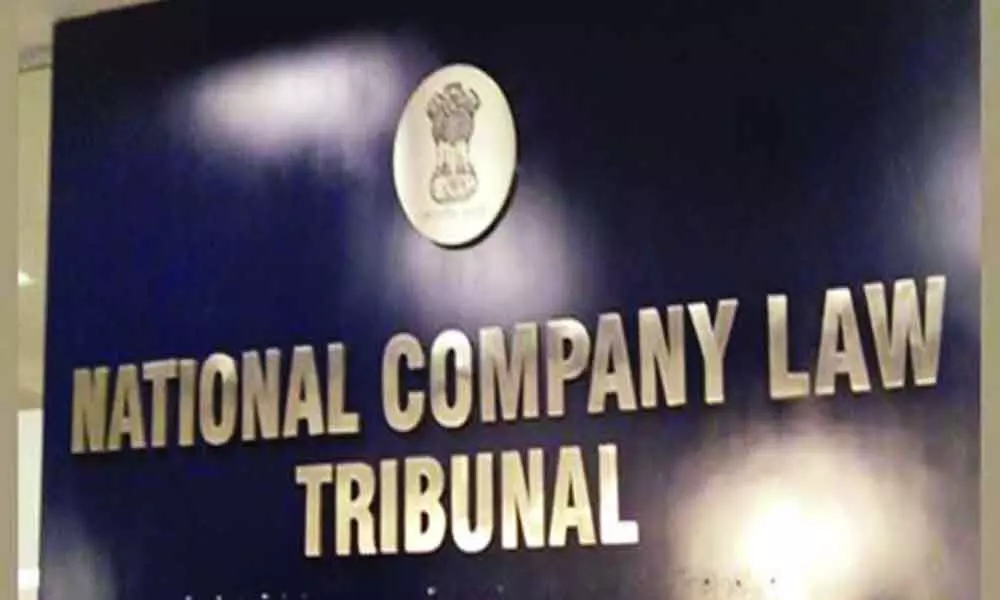NCLT can't interfere with 'commercial wisdom' of CoC
A 3-judge bench comprising Justices AM Khanwilkar, BR Gavai and Krishna Murari set aside an order of the NCLAT
image for illustrative purpose

New Delhi: The Supreme Court said that the National Company Law Tribunal (NCLT) or the National Company Law Appellate Tribunal (NCLAT) can't interfere with the 'commercial wisdom' of the Committee of Creditors (CoC), except within the limited scope under Sections 30 and 31 of the Insolvency and Bankruptcy Code (IBC), Live Law reported.
A three-judge bench comprising Justices A M Khanwilkar, B R Gavai and Krishna Murari set aside an order of the NCLAT which had annulled the decision of CoC to accept a resolution plan (Kalparaj Dharamshi and another vs Kotak Investment Advisors Ltd and Others and connected cases).
"It would thus be clear, that the legislative scheme, as interpreted by various decisions of this Court, is unambiguous. The commercial wisdom of CoC is not to be interfered with, excepting the limited scope as provided under Sections 30 and 31 of the I&B Code," the Supreme Court observed.
"It will therefore be clear, that this Court, in unequivocal terms, held, that the appeal is a creature of statute and that the statute has not invested jurisdiction and authority either with NCLT or NCLAT, to review the commercial decision exercised by CoC of approving the resolution plan or rejecting the same," the judgment authored by Justice Gavai stated, as per Live Law. "We are of the considered view, that in view of the paramount importance given to the decision of CoC, which is to be taken on the basis of 'commercial wisdom', NCLAT was not correct in law in interfering with the commercial decision taken by CoC by a thumping majority of 84.36 per cent," the Court observed, as reported by Live Law.
The appellants in Supreme Court, Kalparaj Dharamshi and Rekha Jhunjhunwala, were successful resolution applicants in a corporate insolvency resolution process. The respondent, Kotak Investment Advisories Ltd (KIAL), another resolution applicant, challenged the acceptance of the resolution plan of appellants contending that it was accepted beyond the time-period.

